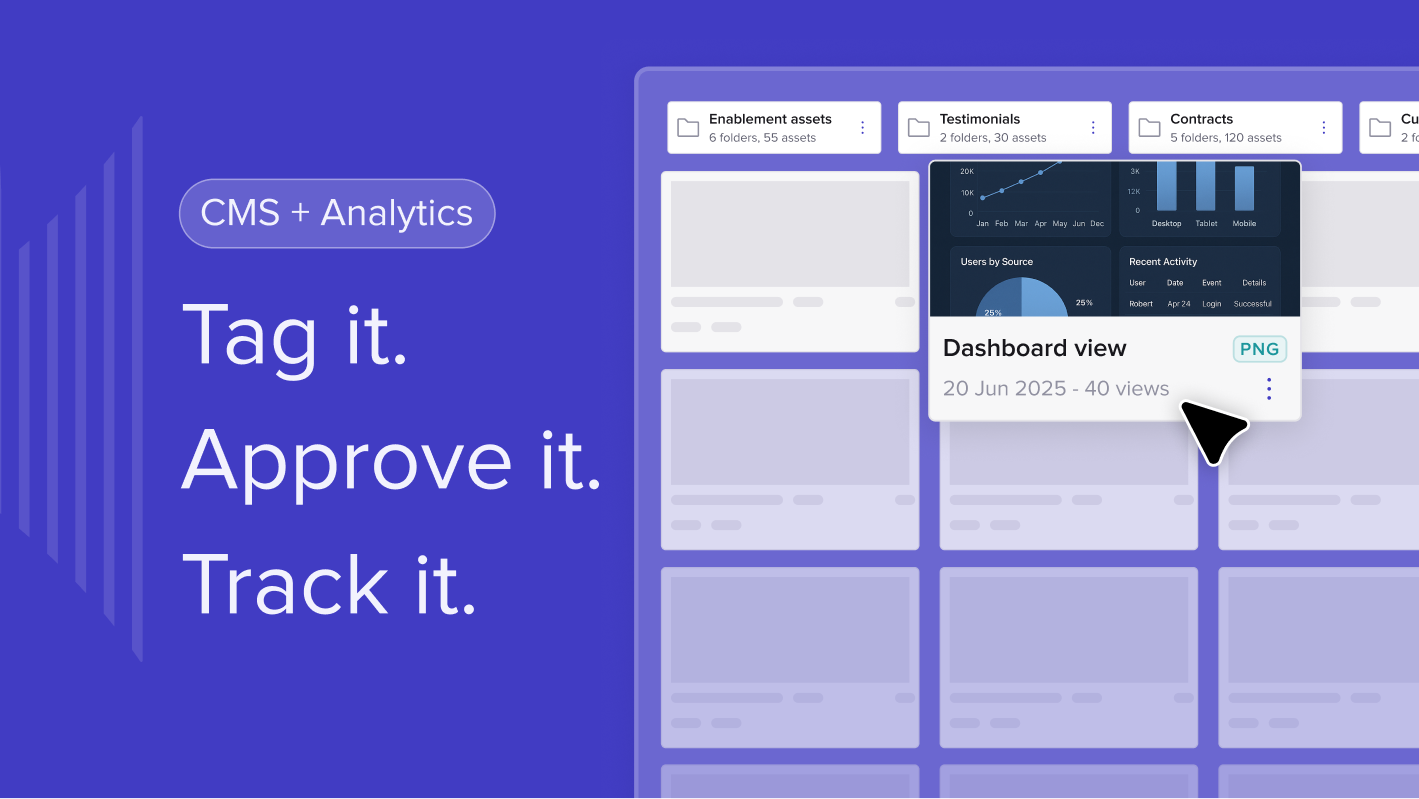In the high-pressure world of B2B sales, it’s easy to believe that every lead must be pursued. After all, more leads mean more opportunities, right? Not quite. The reality is that saying “yes” to every prospect can be detrimental to both your sales performance and long-term business goals.
The most successful SDRs (Sales Development Representatives) and AEs (Account Executives) know that focusing on the Ideal Customer Profile (ICP) is the cornerstone of effective sales. By concentrating on prospects who align with your core ICP, you maximise your chances of closing deals that truly add value—for both the buyer and your business. And yes, that sometimes means saying “no” to those who fall outside that scope.
1. Time is your most precious resource
In sales, time is currency, and wasting it on poorly qualified leads is a luxury you cannot afford. Prospects who don't fit your ICP are unlikely to progress through the sales funnel smoothly, leading to extended sales cycles, lower win rates, and frustration on both sides.
Focusing on your ICP means engaging with prospects who have a clear need for your solution, the budget to invest, and the authority to make decisions. For SDRs, this means qualifying leads effectively at the top of the funnel. For AEs, it’s about prioritising prospects who align with your ICP, rather than trying to force a square peg into a round hole.
By saying “no” to misaligned opportunities, you free up time to focus on prospects who are genuinely worth your effort. This targeted approach boosts productivity and allows you to deliver a better experience for the buyers who matter most.
2. Misaligned deals can hurt long-term success
It’s tempting to chase a deal for the sake of hitting your quota, but closing deals with prospects who fall outside your ICP often leads to problems down the line. Misaligned customers may struggle to see value in your product or service, resulting in high churn rates, poor customer satisfaction, and strained resources for your team.
Your ICP exists for a reason: it represents the segment of customers who derive the most value from your offering and are most likely to become loyal, long-term advocates. Every deal that deviates from this profile risks undermining your company’s growth strategy and reputation.
Trumpet’s Digital Sales Rooms are a great example of how focusing on ICP can drive success. Our platform is designed for sales teams who value collaboration, transparency, and efficiency. By concentrating on customers who share these priorities, we’ve been able to build strong partnerships that lead to repeat business and word-of-mouth referrals.
3. Saying ‘No’ builds credibility
It may feel counterintuitive, but turning down a prospect can actually enhance your reputation as a sales professional. Buyers respect honesty, and being upfront about whether your solution is the right fit shows that you prioritise their success over your own sales targets.
When you take the time to understand a prospect’s needs and acknowledge when your product might not be the best solution, you position yourself as a trusted advisor rather than a pushy salesperson. This builds credibility and leaves the door open for future opportunities.
Furthermore, focusing on your ICP allows you to hone your messaging, refine your sales process, and deliver tailored value propositions. This not only improves win rates but also fosters stronger relationships with the customers who matter most.
Final thoughts
In B2B sales, success isn’t just about how many deals you close—it’s about closing the right deals. By focusing on your core ICP and having the courage to say “no” to misaligned prospects, you can optimise your sales efforts, enhance customer satisfaction, and build a foundation for sustainable growth.
At trumpet, we’ve seen firsthand how a targeted approach can transform sales performance. Tools like Digital Sales Rooms empower SDRs and AEs to engage with their ICP more effectively, delivering personalised experiences that drive results.
So, the next time you’re faced with a prospect who doesn’t quite fit, remember: saying “no” isn’t a missed opportunity—it’s a step towards a stronger, more focused sales strategy.

.svg)
.svg)
.svg)
.svg)
.svg)
.svg)
.svg)
.svg)
.svg)
.png)
.svg)
.svg)
.svg)
.svg)

.svg)
.svg)
%201.svg)
.svg)
%201.svg)



.svg)




.jpg)
















![How to Get Started with Buyer Enablement [With Examples]](https://cdn.prod.website-files.com/65cf4fecbed2754c2236665d/65cf4fecbed2754c22366bdb_65a5af83e742f76e34ce06f3_Customer%2520Onboarding%2520_%2520Everything%2520you%2520need%2520(2).png)
.png)



.png)



.png)









.png)


.png)

.png)
.png)







